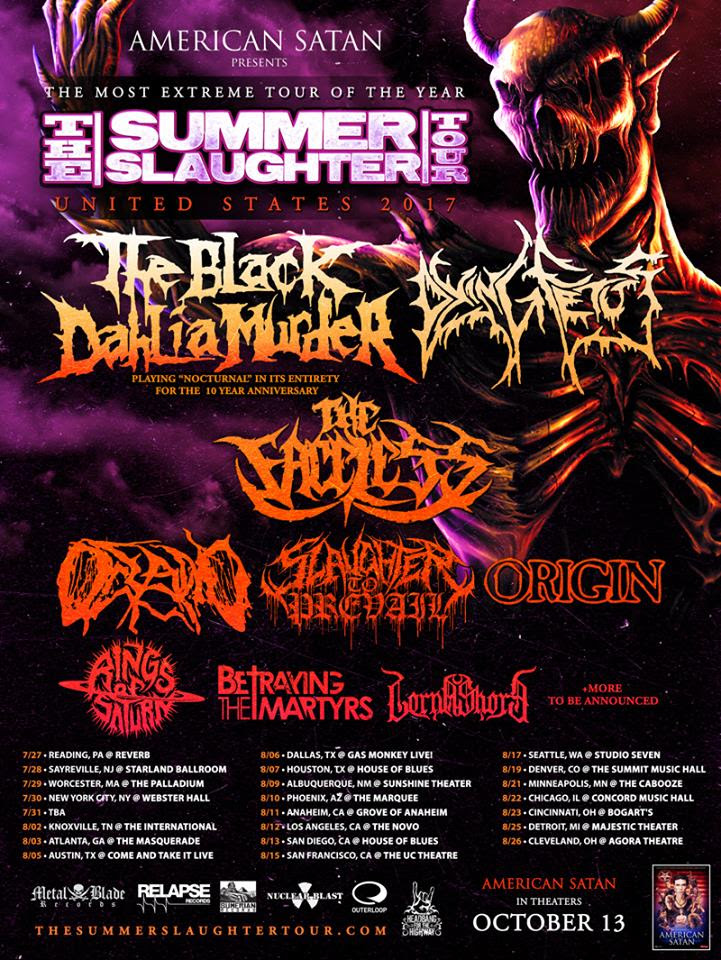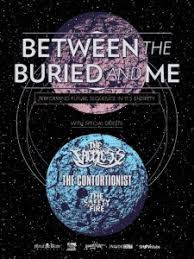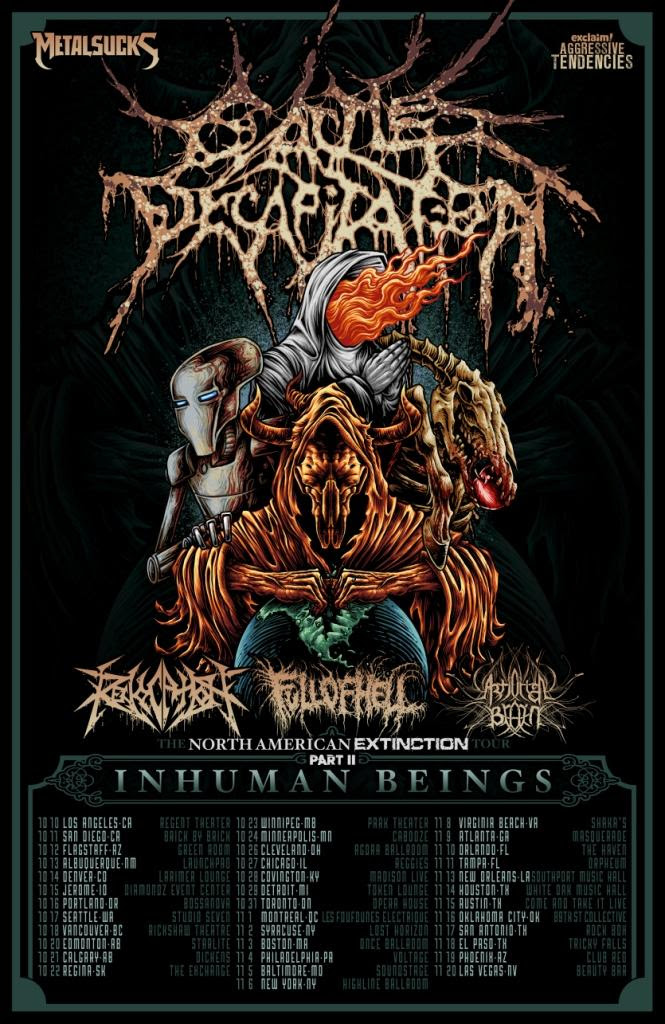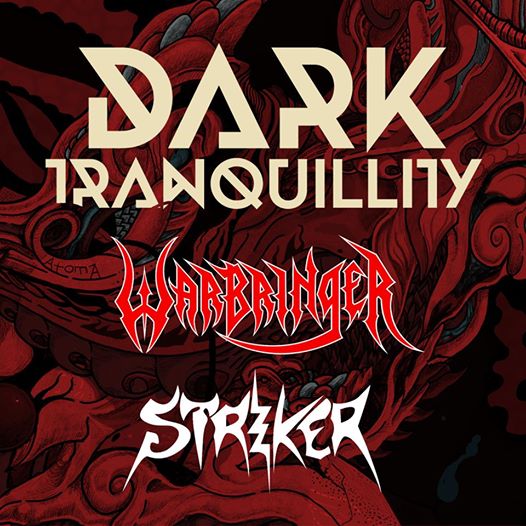Witch Hunts, Resurgence and Defiance: Heavy Metal In The Middle East
The Quitus">
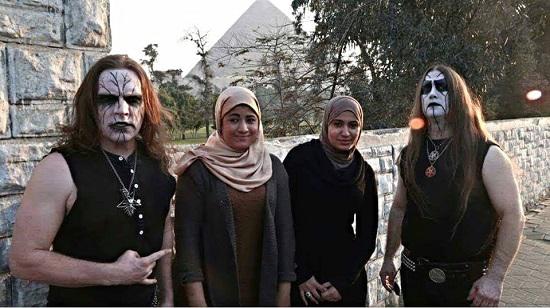 Twenty years on from the arrests of 100 Egyptian metal fans, across a series of interviews across the Middle East Patrick Clarke speaks to metal musicians about their defiance to keep the genre thriving, despite risks of imprisonment, torture, and in some cases, execution. [this is the highest degree of dedication to metal - willing to be a martyr for it]
Twenty years on from the arrests of 100 Egyptian metal fans, across a series of interviews across the Middle East Patrick Clarke speaks to metal musicians about their defiance to keep the genre thriving, despite risks of imprisonment, torture, and in some cases, execution. [this is the highest degree of dedication to metal - willing to be a martyr for it]"Satanist", to them, equals homosexuality; killing cats and drinking their blood …"
"Suddenly, in front of me, hell broke loose. It was bad. So bad … They are hitting you everywhere and they are pushing you in every direction and they had dogs … People started to faint and I thought it to be wise to throw yourself under a pile of fainting people. Play dead! Play dead!"
'Omar', speaking to the writer Benjamin Harbert about his internment as a "Satanist" in 1998.
EGYPT – 1996/1997
At 4am on 22 January 1997 armed Egyptian state police forcibly entered the homes of about 100 young people, including - according to one source - a 13-year-old girl, and arrested them. They were imprisoned for up to two weeks. According to one, who wishes to remain anonymous, they were beaten, sexually abused, attacked by dogs, and left isolated for extended periods. Their crime? They were accused of Satanism, of "dead cat blood drinking, sex orgies, insane drug use."
A group of Islamist extremists who were also being held were informed they would be sharing their quarters with the "Satanists". That caused a riot so severe that the "Satanists" were transferred to another jail. "We started to hear shouts from far away. Shouts, screams from a faraway place …" one victim remembered, speaking under the pseudonym Omar to the writer Benjamin Harbert for his essay on the events, Noise And Its Formless Shadows, compiled in the book The Arab Avant-Garde. "We realised that the sounds of the screams of the night were because the Islamists of the same prison were told that the Satanists were in the same prison as them, and they decided to revolt … they wanted to kill us."
Omar's real crime, and the crime of nearly 100 of his friends, was not Satanism. It was a love of heavy metal. Egypt's metal scene had been in rude health the previous year. Metal in Egypt had been no more than a cult in its infancy, sustained by bootleg culture until the advent of satellite TV. By 1996 metal had become a mainstream force in the nation's musical fabric, with all manner of satellite, experimental scenes. Young fans would congregate in bars like Khaled Madani's Doom Club, and at the Qsar al-Barun ("The Baron's Place"), an abandoned villa in Heliopolis.
In November 1996, however, the Egyptian tabloid Ruz al-Yusuf, received an anonymous fax, detailing supposed 'satanic rituals' on the outskirts of Cairo and Alexandria, sparking media outrage and prompting a hysterical fear of metal culture in Egypt. On 9 December, Ruz al-Yusuf printed a 'call to action' against metal, which led to the arrests a month later. As one fan tells tQ anonymously: "The stories - whether real or not - did shock society (and our mothers). Unlike South-East Asia and South America, Egypt had no rock history, so no one knew anything about rock & roll traditions and excesses. Facepaint, blood and Satan was quite shocking for society. The crackdown happened and that was what all the media spoke about for two weeks. I still think it was ridiculous, though I'm not denying how traumatising it must have been to whoever was arrested."
One particularly melodramatic newspaper account, cited in The Arab Avant-Garde read: "Children had swapped beer and whisky for the blood of cats and pigeons and been tattooed with skills and other symbols of the occult … Hard rock was played as the fans dug through the graves in search of human bones that could be 'gifted' to the devil."
There were other, more sinister reasons for the crackdown. As Harbert explained: "It was a political strategy that had nothing to do with metal or even Satanism directly. The government needed a distraction from two issues: the rapid privatisation of the public sector (initiated by Mubarak's sweeping cabinet changes) and the intensifying criticism from exiled and imprisoned Islamic extremists accusing Egypt of being anti-Islam. Interior minister Hassan El Alfy became a national hero through his involvement with this crackdown on metal, though none of those arrested were ever convicted of a crime …
"The government's brutal crackdown, informed by its high stakes wrangling with radical Islamic groups, was a calculated strategy that held up this group of 'practising Satanists' as a straw man against which to redefine its defence of Islam. It also provided a welcome distraction from the radical privatisation of the public sector. The practice of persecuting the metal communities then spread across the Arab world to Morocco, Bahrain and Jordan."
These events were 20 years ago, but the shockwaves they sent across the region remain felt. Two decades on, tQ spoke to a swathe of metal fans and musicians from Lebanon to Saudi Arabia, via Iran, Israel and those in Egypt today, to see how how much - if at all - things have changed.
LEBENON
SAUDI ARABIA
ISRAEL – MELECHESH
IRAN
Read More News
Tags: Middle East Metal, Iran, Lebonon, Saudi Arabia, Egypt
Patrick Clarke , June 12th, 2017 10:08 June 13, 2017



